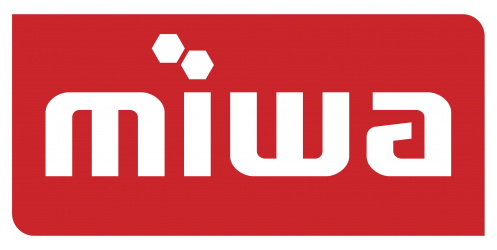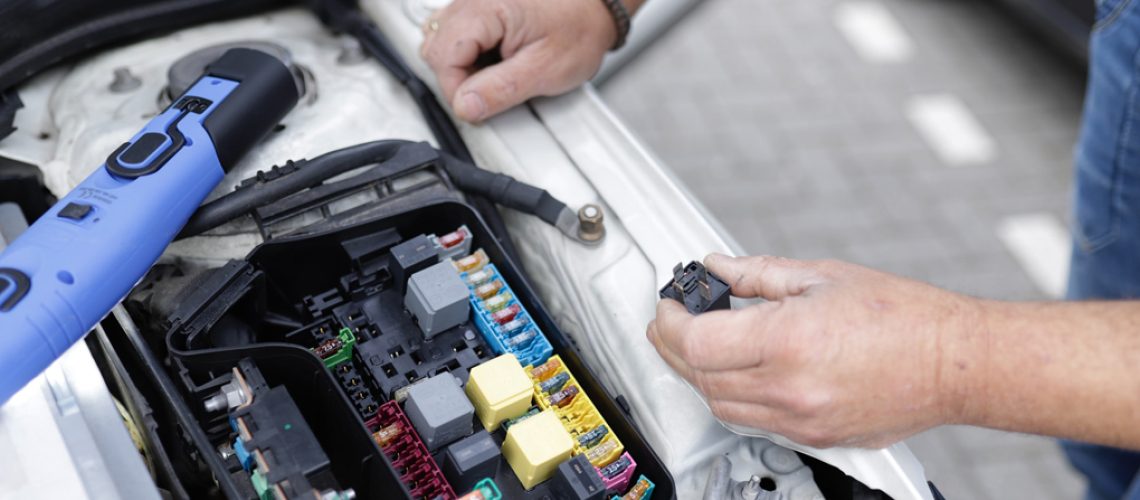As MIWA members, we are aware that the reputation of our organisation is influenced by the satisfaction of customers using accredited workshops – which is why we place such great emphasis on delivering the very best service possible. However, there are times when customers have expectations that even the most diligent workshop would battle to meet. Here’s how to manage those expectations:
- Booking your car in – It should not come as a shock if the workshop is not able to book your vehicle in on the same day; perhaps only three days later. Workshops service many customers and allocating quality time to each vehicle is imperative. Be assured if they could help you immediately, they would, but overloading the workshop does not do anyone a favour.
- Cancelling a booking – If you decide to take your vehicle elsewhere, be courteous enough to cancel the booking you made with another workshop instead of being a no-show and this will open up space for other customers
- A service is a service – If you booked a service, the booking is made for the timeframe of a service. It is not a bumper-to-bumper repair. A routine service does not include additional faults. These faults need to be specifically pointed out and an additional booking made to avoid disappointment, or they need to be discussed upfront on the phone to allow the correct amount of time to be allocated.
- Be organised – It is helpful to have the paperwork on hand when you arrive, like the registration, VIN and kilometre reading. A service book is also a big help to the workshop and important to ensure all warranty and service standards are maintained.
- Be honest – Be honest about the problem/s. Give the workshop the full background, even if another workshop has worked on the car but it is still not fixed. It makes life much easier to know the history and also saves time looking.
- Remove valuables and rubbish – Anything of value must be removed before you arrive. Staff also appreciate it if the car is clean (not valeted, just clean) inside. So, no old take-away boxes on the backseat, used tissues in the door panels or an overflowing ashtray please and definitely no valuables!
- Top up the fuel – If your car has been cutting out, for example, it would be imperative for the workshop to drive the car until it cuts out to make a proper diagnosis. The reason customers freewheel into workshops is they think the staff are going to syphon their petrol. If you don’t trust the workshop, you are at the wrong place. Make sure there is enough fuel to at least get the car around the workshop and maybe do a test drive.
- Bring a battery – Contrary to popular belief, workshops do not have working batteries lying around. If your car is a non-runner, you need to come in with a working battery. The workshop can’t fit a ‘loan’ battery and it is unethical to use a battery from another customer’s car.
- Don’t mark old parts – This is a slap in the face for the workshop. You are allowed to ask for your old parts back but do this when you book the car in, not afterwards.
- Buying your own parts – It is a major problem when customers insist on bringing their own parts. Most accredited workshops do not allow this practice. It creates two problems. Firstly if the part is fitted by the workshop and a malfunction occurs later causing collateral damage, the question is who is responsible for that damage? Secondly, if the part is incorrect, the entire service is delayed creating a backlog in the workshop.
- Claiming from warranty policy – If you intend to claim from your aftermarket warrantee policy you need to be aware of the following: the content of the policy and specifically what is covered; claiming procedures; and policy on parts (does not cover wear and tear). Remember if your claim is rejected you will be responsible for the ‘strip and quote’ amount.
- Testing is not free – Diagnostic testing is not free unless specified by the workshop. Also cancelling a warning light is not going to fix the problem. You need to find out what is causing the warning light.
- Anti-theft devices – Remember to tell the staff if the car has an aftermarket alarm system, anti-hijack button, or anti-theft wheel nuts.
- Finding the problem – It is ok to enquire about the status of your vehicle and any good service advisor will ensure you are kept informed. But if the car has a problem that is not easy to find, calling every 5 minutes won’t help find it any sooner and may even prolong the repair.
- Workshops are not storage facilities – It really helps if you can fetch your car as soon as the service is complete. Not all aftermarket workshops have the space to store your car overnight.
- Repairs are not open-ended – Your mechanic will only repair what you have given him permission to fix. Remember not everything that goes wrong after a repair or service is the workshop’s fault or responsibility. As the owner, you must keep your own car in roadworthy condition.
- Give feedback – Like most things in life we are quick to criticise but slow to praise. Your workshop would really appreciate your positive feedback on Facebook if you are happy with your service. A good Google review goes a long way!
There are many ways customers can contribute to a good experience. Some of these points may seem trivial but they make a difference. In a busy workshop environment, the more prepared you are for the day your car is booked the better – for you, for the workshop and for other customers.
We shared these tips in the media recently and are happy to report that they got some great traction.


